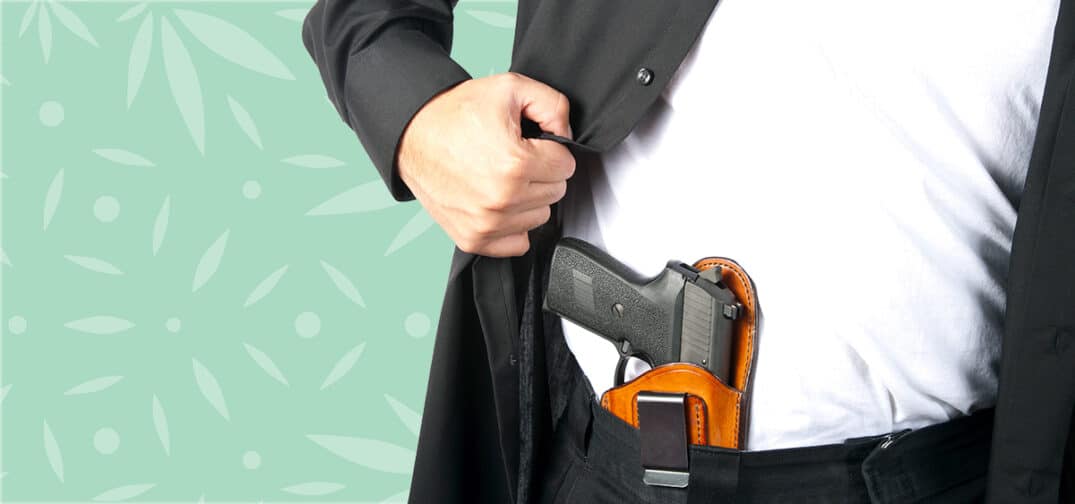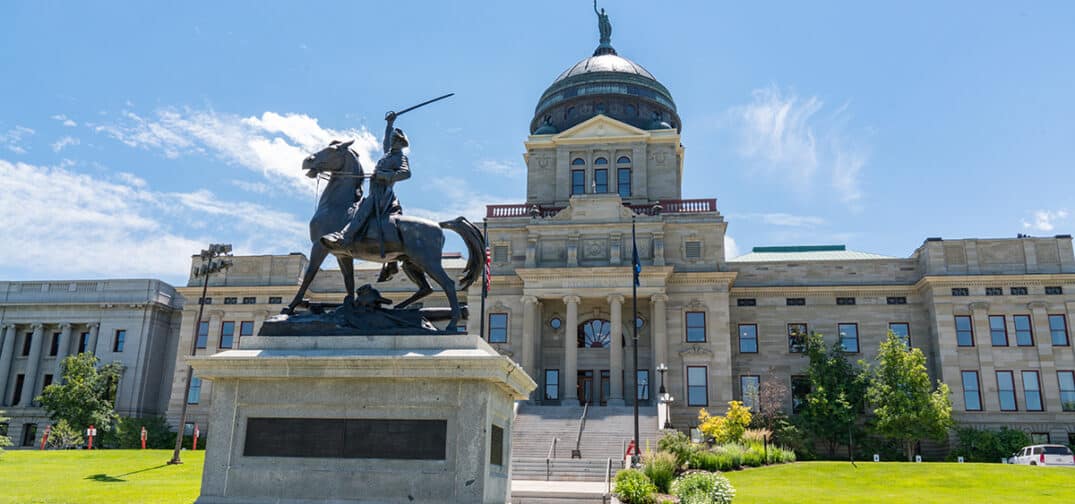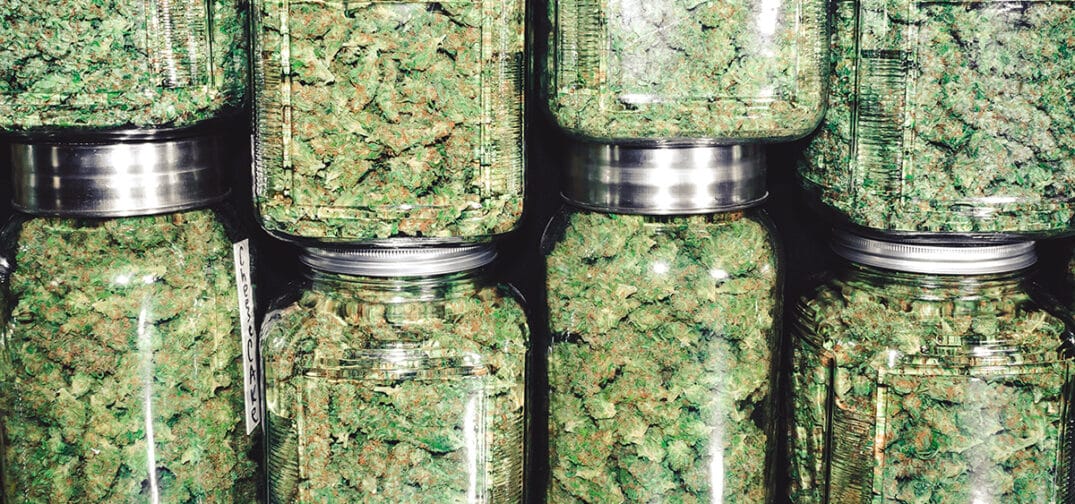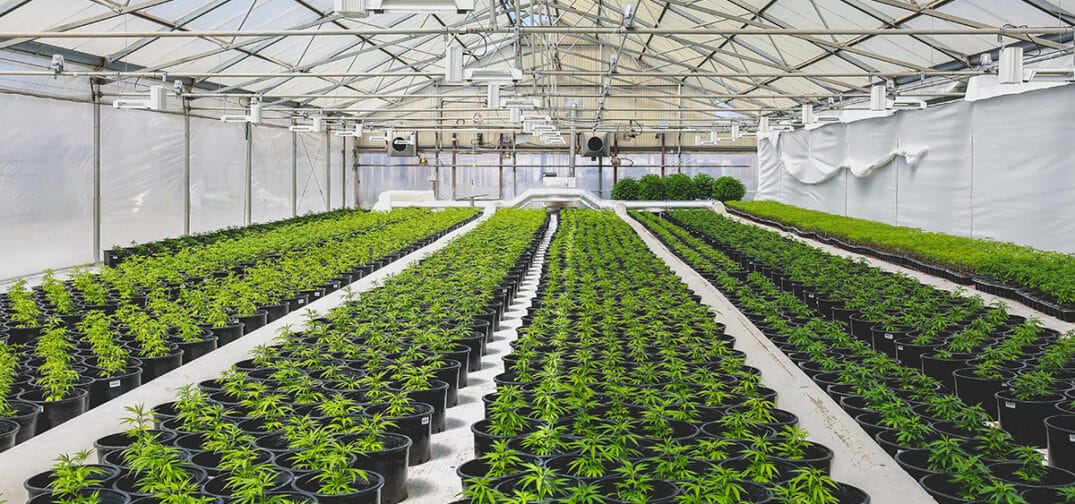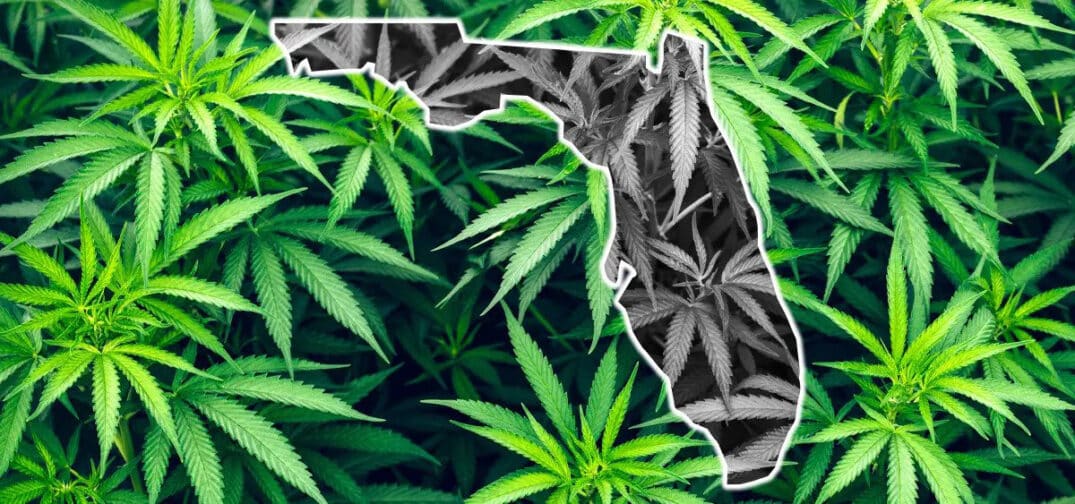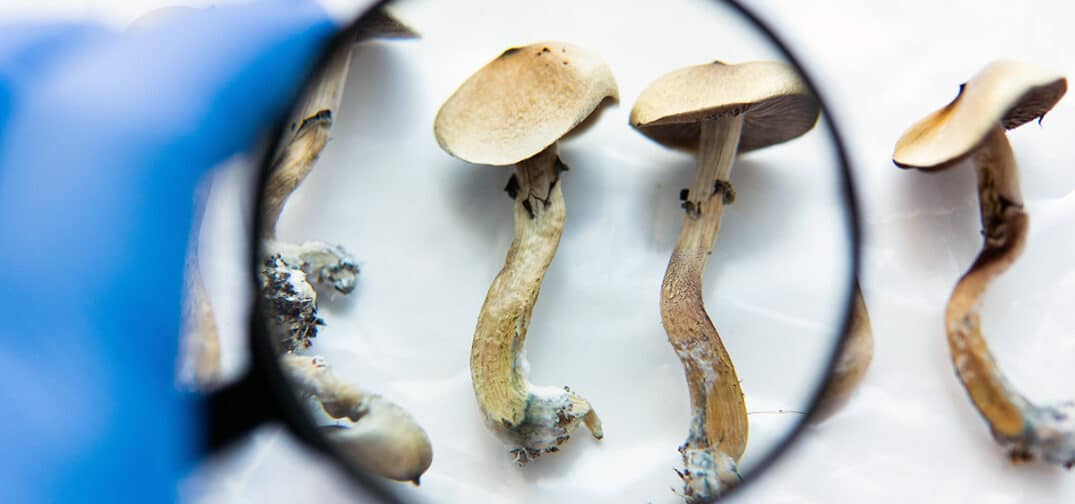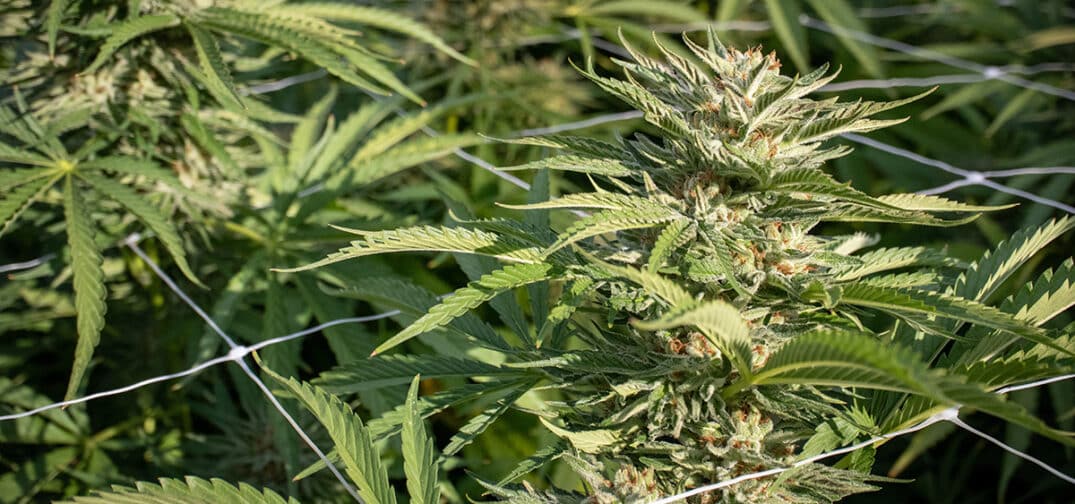Missouri Gov. Mike Parson (R) last week signed legislation to increase access to banking services for the state’s cannabis companies and require the firms to get fingerprints and background checks for new employees and contractors, the Missouri Independent reports.
Under the bill, the state Department of Health and Senior Services, which oversees the state’s medical and adult-use cannabis programs, can share inspections and other information with banks, which they need to serve the industry, the report says. The law also requires everyone working in the state’s cannabis industry to submit their fingerprints and undergo a background check.
Jackson Hataway, president of the Missouri Bankers Association told The Independent that the divide between state and federal cannabis laws has put financial institutions “in kind of a tricky situation.” The organization supports the SAFE Banking Act, the federal bill meant to normalize banking for the cannabis industry, but the legislation has never cleared the Senate, despite passing the House on several occasions.
“So we remain in the current quagmire we’re stuck in,” he told The Independent, “where you have a lot of states like Missouri that have upward pressure from businesses to have a secure and safe banking environment. Because if they’re all cash, they’re very risky.”
Prior to the law, banks were required to do their own inspections of cannabis businesses before accepting them as clients.
End




